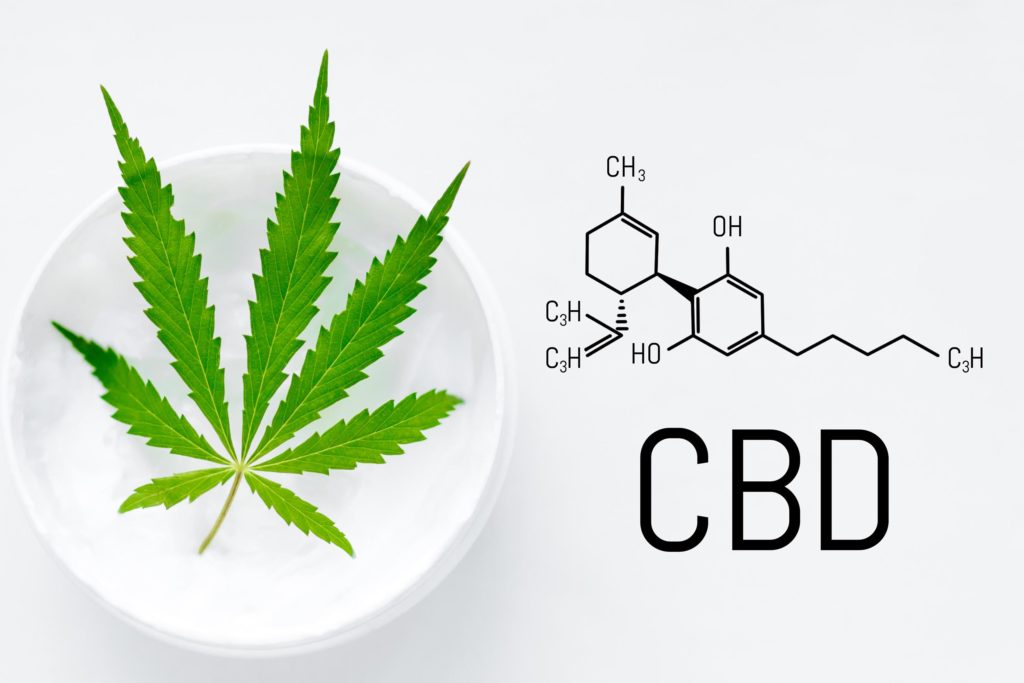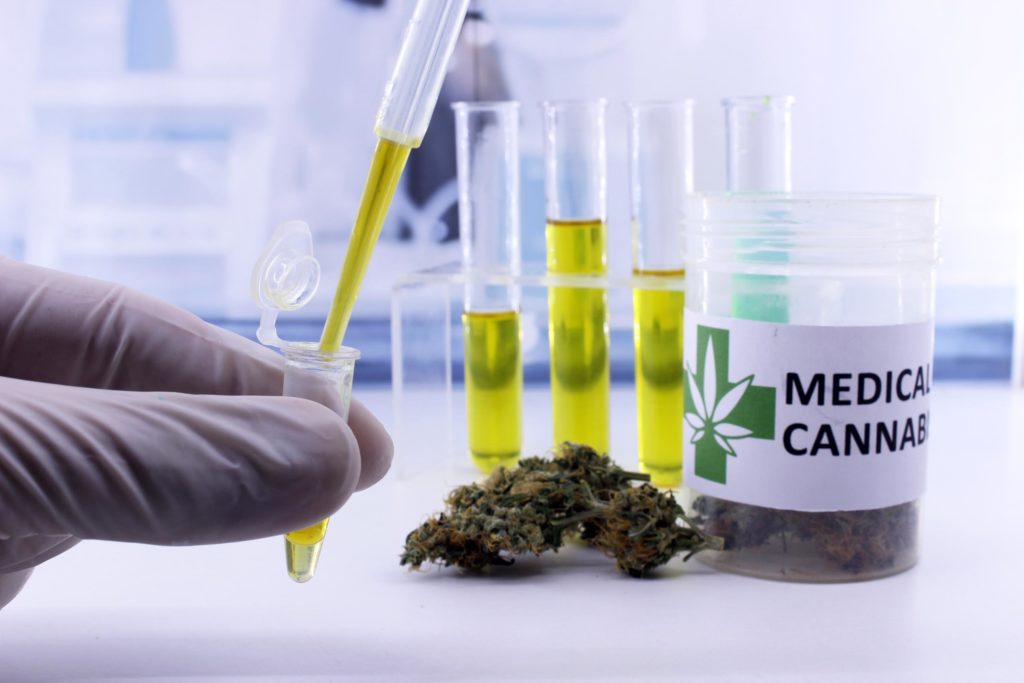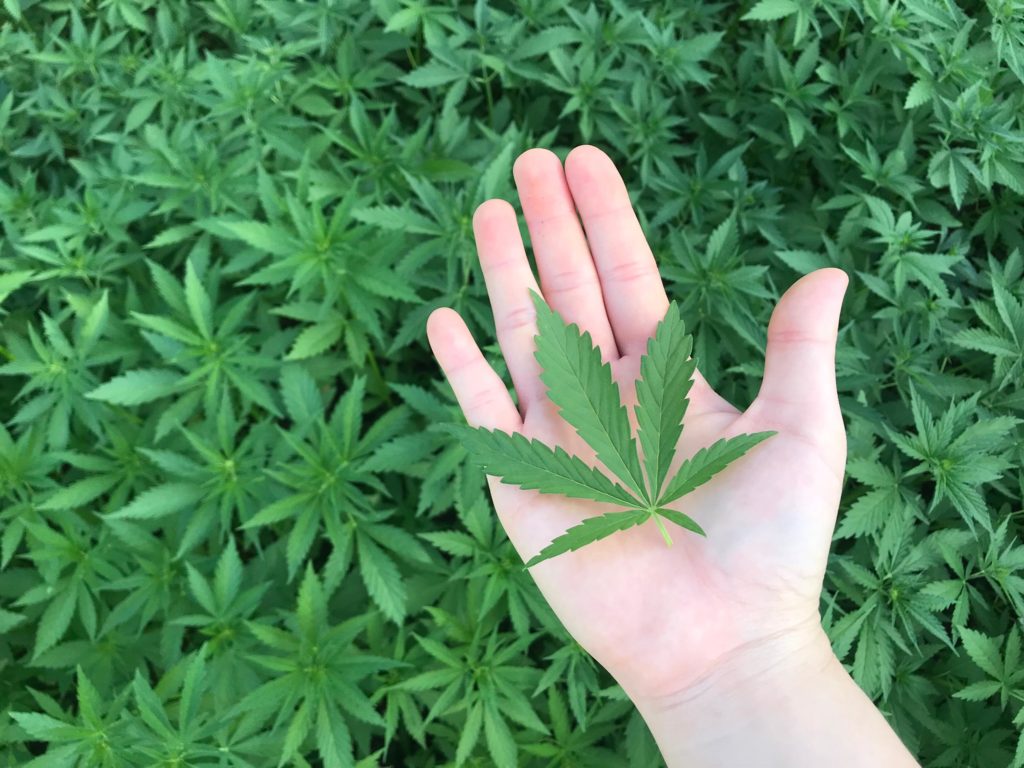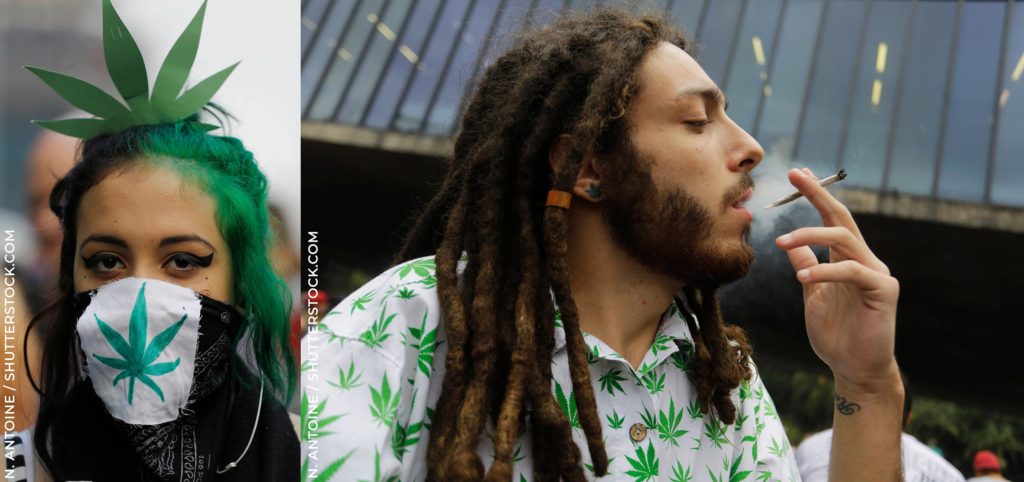It’s illegal to use or possess cannabis in Brazil. Now, if caught with small amounts for personal use, the offender will have to undertake community service, an educational treatment programme, or receive a warning, rather than go to prison. It’s one step closer to decriminalisation, but Brazil’s far-right government may have different plans.
- Capital
- Brasília
- Population
- 220,371,000
- CBD Products
- Legal
- Recreational cannabis
- Illegal
- Medicinal cannabis
- Legal since 2015
- Cannabis laws in Brazil
- Can you possess and use cannabis in Brazil?
- Can you sell cannabis in Brazil?
- Can you grow cannabis in Brazil?
- Is CBD legal in Brazil?
- Can cannabis seeds be sent to Brazil?
- Medicinal cannabis in Brazil
- Industrial hemp in Brazil
- Good to know
- Cannabis history
- Attitudes towards cannabis
- Calling for legalisation
- Drug trafficking
- Will cannabis be legalised in the future?
Cannabis laws in Brazil
Can you possess and use cannabis in Brazil?
It’s illegal to use or possess any amount of cannabis in Brazil.
However, while the ‘New Drug Law’ (Law 11,343 of 2006) hasn’t decriminalised personal consumption, Brazil has adapted its approach to dealing with offenders caught using any illegal substances, including cannabis. Now, whoever “acquires, keeps, stores, transports, or carries for personal use drugs without authorisation” may receive the following punishments:
- A warning about the impact of drugs
- An order to undertake community service, or attend a programme / educational course
In order to ascertain if the cannabis was for personal use or not, the judge must take into consideration:
- The nature and quantity of the cannabis
- Where it was seized
- The conditions under which it happened
- The offender’s history (e.g. previous offences)
- Their personal circumstances
Can you sell cannabis in Brazil?
Brazil’s New Drug Law regards the sale and supply of cannabis as a much more serious offence than personal consumption. If caught importing, exporting, preparing, manufacturing, selling, offering, transporting, delivering or providing cannabis for use, the offender will receive a prison sentence of five to fifteen years. This was raised in 2006, from the original minimum sentence of three years.
Punishment is given even if the cannabis is shared with someone for free, as money changing hands isn’t the primary focus. Instead, it’s the act of supplying the drug itself. However, in these instances, the punishment is usually reduced.
Some organisations, like the TNI Drugs & Dependency Programme, have identified issues with this approach. In a recent report, they highlighted Brazil’s overcrowded prison population, and noted that many of those incarcerated for drugs offences were small-scale dealers, not large-sale traffickers.
For example, in Rio de Janeiro, 61.5% of convicted drug traffickers were tried individually. That means they were arrested alone, and weren’t operating as part of a gang. 66.4% were first-time offenders caught with relatively small quantities.
Can you grow cannabis in Brazil?
It’s illegal to grow cannabis in Brazil. However, the New Drug Law regards limited cultivation for personal use in much the same way it views possessing small amounts. This means that, if caught growing cannabis plants for personal use only, the offender is liable to receive a warning, or enforced community service / participation on an educational programme.
Is CBD legal in Brazil?
In Brazil, CBD is legal. However, it’s regarded as a medicine, not a supplement, and as such, is only available with a prescription.
HempsMed are the first company to export CBD oil to Brazil. They have around 3,000 customers using their products, which counts for about half of all registered CBD users in the country.
Caroline Heinz, vice-president for HempsMed, comments: “Brazil has great natural resources, good soil. But as of today, the law does not permit us to [grow cannabis].” She predicts that, if the law allowed cultivation, the price of CBD oil would be far cheaper.

Can cannabis seeds be sent to Brazil?
Cannabis is illegal in Brazil, and this includes all parts of the plant, including the seeds (unless approved for medicinal purposes). This means you can’t mail cannabis seeds into the country.
Medicinal cannabis in Brazil
The therapeutic medicinal use of cannabis was first approved by Brazil’s National Sanitary Vigilance Agency in 2015. It permitted the use of Metavyl (the Brazilian name for Sativex), for multiple sclerosis patients only.
Since then, a few more options have been made available for patients, though these are still limited. Cannabis oil is prescribed to patients with microcephaly, and to epilepsy sufferers.
However, pricing is an issue. Suzana, the mother of a two-year-old who suffers from regular seizures, commented to The Brazilian Report: “The truth is that we can’t buy the medicine. We did it one time, but will we be able to do it a second time? That’s what we ask ourselves.”
Obtaining medicinal cannabis is not an easy process either. Firstly, the patient must get a prescription from their doctor, then they must meet certain regulatory requirements, as laid out by Anvisa. They also have to complete a medical report, justifying their use of the drug, and outlining how long they expect to require it for.
Once they have authorisation, the patient may legally purchase products from international websites, and receive permission to have them imported into the country.

This process may become easier in the future. A bill was passed at the end of 2018, approving the use and cultivation of cannabis for medicinal purposes. This means patients can grow it at home without risk of prosecution, as long as they have a prescription from their doctor.
The Senate’s Social Affairs Committee have signed off on the legislation, but in order to become law, it must be approved by the full Senate, not to mention President Jair Bolsonaro. Given Bolsonaro’s famously harsh anti-drugs stance, this may be easier said than done.
Industrial hemp in Brazil
Until recently, the Brazilian government regarded hemp as a form of cannabis. As such, it was illegal to grow it in the country, and there was no hemp industry.
In 2015, the Brazilian National Health Surveillance Agency (ANVISA) permitted substances derived from Cannabis Sativa to be prescribed for medicinal purposes, under certain restrictions.
In 2019, regulations changed and ANVISA’s new regulation, RDC 327, allowed cannabis products to be sold in Brazilian pharmacies and imports to be made in bulk. The Federal District Brasilia judge authorised the cultivation of hemp – but only for Terra Viva. The ruling permitted the company to grow hemp and sell the seeds, leaves, and fibre of the crops, providing their THC levels were lower than 0.3%.
In August 2020, a draft bill was sent to congress allowing Brazilian farmers to grow Cannabis, for medical and industrial purposes. On June 8, 2021, the Brazilian Chamber of Deputies’ approved PL 399/2015, legalising the cultivation of cannabis for medicinal and industrial purposes.
The bill will be reviewed and revised by December 2022.

Good to know
If you are travelling to Brazil (or currently live there), you may be interested to know the following:
- According to a recent report, 70% of Brazilians are against legalising cannabis.
- At the start of the 20th century, fishermen and other working-class Brazilians gathered together each week for sessions of group cannabis-smoking. This custom was called Club de Diambistas, and their goal was to enjoy psychedelic experiences.
- Rates of cannabis usage in Brazil are relatively low. A UNODC report showed that the annual prevalence was just 2.6%.
Cannabis history
It’s not known exactly when cannabis first entered Brazil. Some experts suggest that it was brought into the country with the African slaves, who smuggled seeds in via the clothes of rag-dolls. It’s also possible that Portuguese colonisers (who used it recreationally) introduced it.
The plant was used widely in colonial times (1770s onwards). It was used across the social classes, and even by the Portuguese Royal Court. In 1817, Queen Carlota Joaquina, the wife of Emperor Don Joao VI (then King of Portugal) was close to death. She asked her slave to “bring an infusion of the fibres of damba do amazonas,” and was given a blend of cannabis and arsenic. This combination supposedly numbed the pain while she was dying.
In the 1800s, slave-owners blamed cannabis for the reduced productivity of their slaves, and called for it to be banned. In 1830, Rio de Janeiro became the first place in the world to prohibit its use, with penalties for offenders. Historians believe that the punishments were largely reserved for Afro-Brazilians.
Brazil was instrumental in encouraging other nations to ban cannabis too. In 1925, at a League of Nations meeting, Doctor Pernambuco Filho e Gotuzzo referred to cannabis as “more dangerous than opium”. This meeting is now regarded as a major turning point for cannabis laws across the world, with other Latin American countries prohibiting it shortly afterwards.
Attitudes towards cannabis
In Brazil, attitudes towards cannabis are often tied up in politics. The country’s far-right leader, President Jair Bolsonaro, is against cannabis reform, and in the past, has indicated he would introduce repressive drug policies. It’s important to remember that he won the election with 55% of the country’s votes – indicating that many Brazilians agree with him.
Some of Brazil’s most famous evangelicals (who have significant influence over politics) are also against the legalisation of cannabis. One example is the televangelist Silas Malafaia, who believes that cannabis destroys the body, and the country as a whole. He commented recently: “Should we really legalise something that will end up costing the state even more?”.
However, other politicians adopt the opposite stance. Renato Cinco, who is a socialist city councilman, states: “In countries where there is huge social inequality, like Brazil, prohibition is a factor in the production of violence.”
Likewise, the Brazil Workers’ Party introduced a bill in 2018, which if passed, would completely legalise cannabis, permitting the country to establish a commercial market, and letting individuals grow up to six plants for personal consumption. Given the current government’s attitude towards the drug, the bill is unlikely to be passed, but it demonstrates that there’s strong support for cannabis legalisation in Brazil.
Calling for legalisation
Each year, people flock to Rio de Janeiro to take part in the Marijuana March. This global event (which also takes place in cities across the world, like Copenhagen, Munich and Bangkok) sees activists coming together to call for cannabis legalisation.

The pressure isn’t only coming from the 5,000 or so people that attend the march. Prominent political figures have spoken openly about the advantages of decriminalisation. For example, in 2017, Luis Roberto Barroso became the fourth of the country’s eleven Supreme Court Justices to declare his support for it.
Likewise, several medical researchers and cancer patients are calling for the legalisation of medicinal cannabis for chronic conditions. However, they’re met with powerful opposition. Brazil’s conservative parties are seizing power, and their stance is distinctly against decriminalisation.
Drug trafficking
Brazil has a major issue with violent crime. Its national homicide rate is 27.1 per 100,000 inhabitants, which is one of the highest rates in the world. A major cause of this violence is drug trafficking and the resulting gang warfare.
This is partially due to Brazil’s large land borders with other countries, such as Colombia, Bolivia, Paraguay and Peru. It’s a transit country for many drug smugglers, and some of the borders are only thinly policed.
However, cocaine is a much more serious problem for the country than cannabis. A recent report found that usage of cocaine is four times higher in Brazil than the international average.
Will cannabis be legalised in the future?
Brazil’s cannabis laws currently hang in the balance. There’s notable support for its legalisation; but the majority of the country are actually against this, and would rather see it remain illegal.
With President Bolsonaro in charge, it seems unlikely that legalisation will happen any time soon. Indeed, there’s a risk that he may toughen the laws, and perhaps even reintroduce prison sentences for those who possess or consume the drug.
- Disclaimer:While every effort has been made to ensure the accuracy of this article, it is not intended to provide legal advice, as individual situations will differ and should be discussed with an expert and/or lawyer.











Hello,
Could you please tell me how I can find a way to send cannabis seeds to Brazil for medical purposes?
Thanxs!
Hi Luiz,
I’m afraid not, as this would be illegal both for me to advise you about, and you to attempt. Sorry about that!
Best wishes,
Scarlet